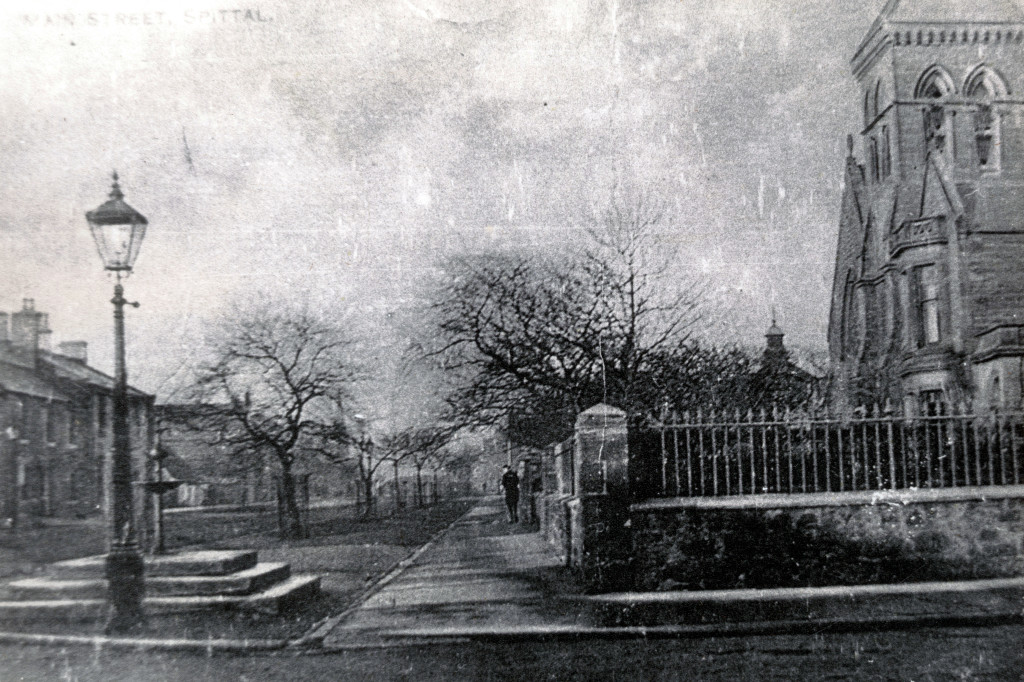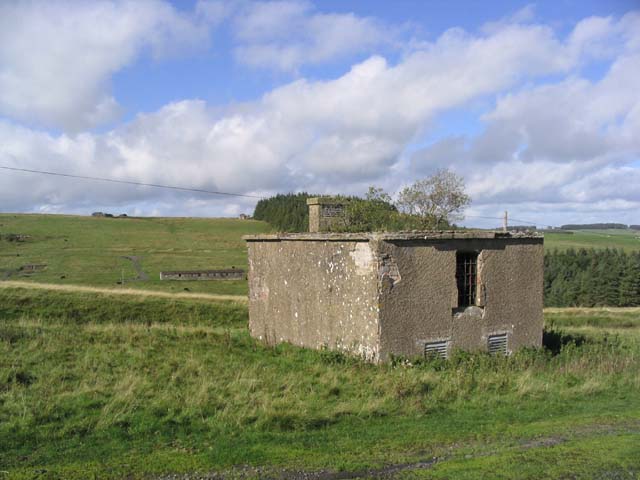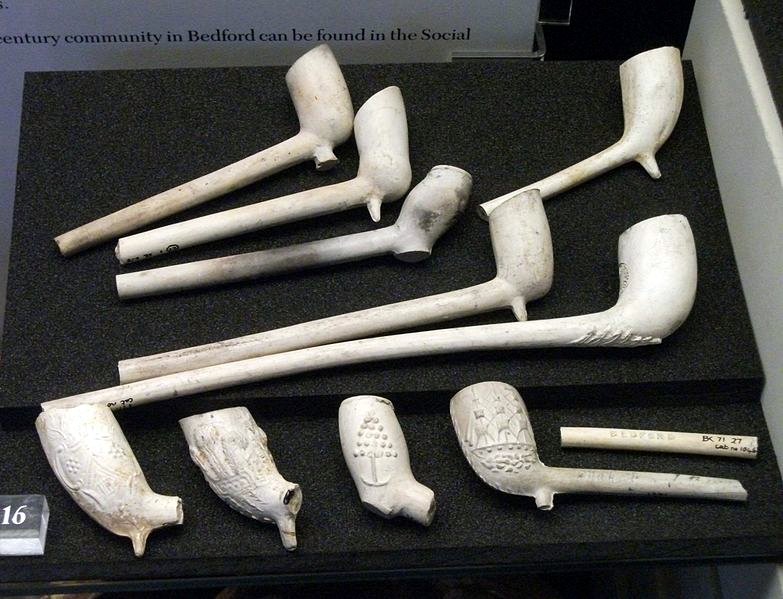BERWICK ADVERTISER, 12 NOVEMBER 1915
MORE LIGHT
Mr Elder – It is now absolutely necessary to take some action to have more light in the streets of the town at night. There is a medium, but I must say we in Berwick are even far beyond the limit. It is a danger to go out at night now and I think it is high time we had more light.

Mr Blench – Why should we in Berwick be darker than any other town? Not only need we more light on the streets but in the shop windows. In Newcastle, Edinburgh, and even Blyth, which is right on the sea, the shop windows are lighted. In Berwick the police have taken matters into their hands to put us into darkness, and I think they are going a little too far. On the suggestion of Mr Dixon the matter was referred to the Lighting Committee for consideration.
COURT-MARTIAL AT STOBS
A military court was held at Stobs on Wednesday at which there were tried the German prisoners of war Gustav Beblein and Alfred Joksch, who made their escape from Stobs Concentration Camp on 26th ult. The former was recaptured at Granton, and the latter at Leith Docks. The Court was composed of Major J.M/ Hunter, 2-4th Battalion Royal Scots Fusiliers, president; and Captain W.F. Cochrane, 2-4th Battalion K.O.S.B., and Captain A.P. Oliver, 2-4th K.O.S.B. The prosecutor was Lieutenant F.W. Hancock, and the interpreter Lieutenant H. W. Farrell. The decision of the Court will be given later.

DESTRUCTIVE FIRE AT TWEEDMOUTH
Pipe Manufactory Completely Gutted
About 2am on Wednesday morning fire broke out in the pipe manufactory of Mr R. T. Tait, at Tweedmouth, which caused the whole of the works to be completely gutted. The outbreak was first discovered by Miss Wood, a niece of Mr Tait’s who was wakened by the sparks blowing against her bedroom window. She immediately gave the alarm and the fire brigade was summoned. By this time the window frames and doors of Mr Tait’s dwelling house were ablaze, but with the assistance of his brother-in-law, Mr W. Trainer, they managed to prevent the flames from spreading in the house by the aid of chemical fire extinguishers. When the fire brigade arrived the flames had taken a good hold and the whole of the factory was blazing furiously.

Owing to the situation of the premises difficulty was first experienced in getting the engine into a suitable position to pour water on the burning buildings, and also owing to the fact that the horses refused to face the showers of sparks which were sweeping Main Street. With the strong gale fanning the flames it was impossible to quench the fire, and the main efforts were directed in preventing the conflagration spreading to the adjoining properties. This was the wisest course as the properties in this quarter are so congested that there was every possibility of the fire spreading to the properties in Kiln Hill and Main Street. On Tuesday the kiln had been working and it is thought that with the strong gale the fire had started from that part of the works. The factory comprises a warehouse, offices, finishing shop, packing shop, despatching room, moulding shop, clay house, drying house, engine house, with electrical plant and saw mill, all of which have burnt out, and only the walls remain, and even in some cases these have collapsed. So furious was the fire that even the sockets of the beams in the walls of the building were burnt clean away. As already stated, the office was amongst the rooms destroyed. This was a first storey room but the furniture and safe crashed through to the ground floor. The safe, which is fireproof, withstood the terrific heat well, but the papers within were quite brittle. The loss is put at £1,000 and is partly covered by insurance.
LOCAL NEWS
Harvest Thanksgiving at Norman Hall
On Sunday evening the Gospel temperance meeting at Norman Hall, Tweedmouth, took the form, of a choral harvest festival. The hall was artistically decorated for the occasion with a wealth of autumn bloom and the fruits of the soil and made a very effective picture. Mr John Anderson of “Tweedside” Lodge of Good Templars presided over the gathering, with Miss Stokoe at the piano. Succeeding the brief preliminary address from the chair appropriate to the occasion, the service was entirely musical, and comprised some choral numbers by an augmented choir and solos by Mrs Johnston, Miss Macdonald, Miss Davidson (Scremerston), Mr R. Elliot, Sergt. Clark and Sergt. Davidson of the Royal Scots, a duet by the Misses Davidson lending variety to a finely sustained programme. The Chairman, in the name of the Lodge, thanked all who had sent gifts of flowers, fruit and vegetables which the decorators had displayed to such excellent advantage and the contributors to the musical service. The festival concluded with “God Save the King.”
If you have any information regarding the whereabouts of Norman Hall, Tweedmouth please contact Berwick Record Office email: berwickarchives@woodhorn.org.uk

